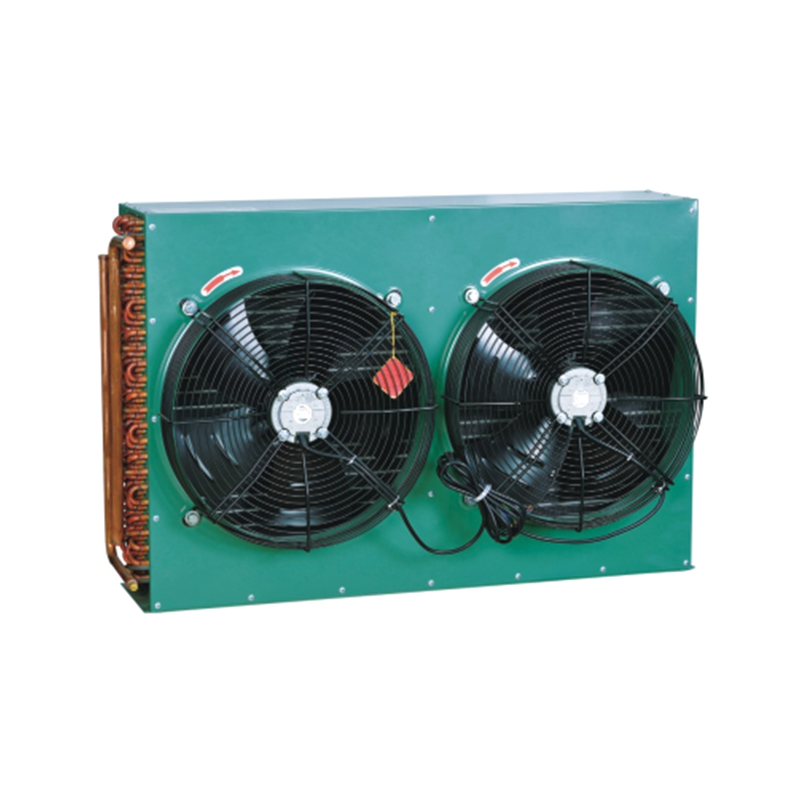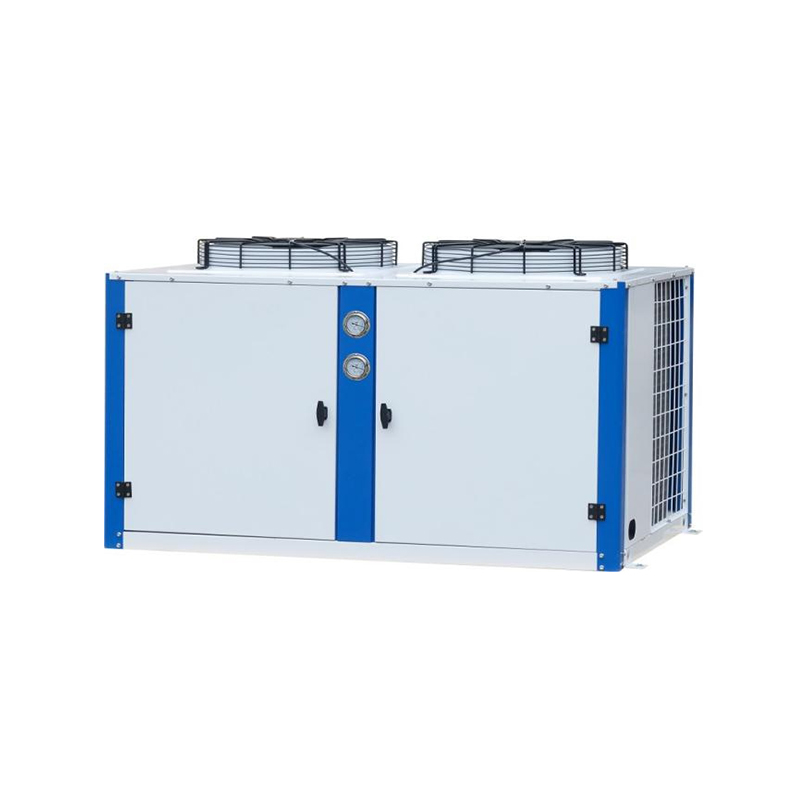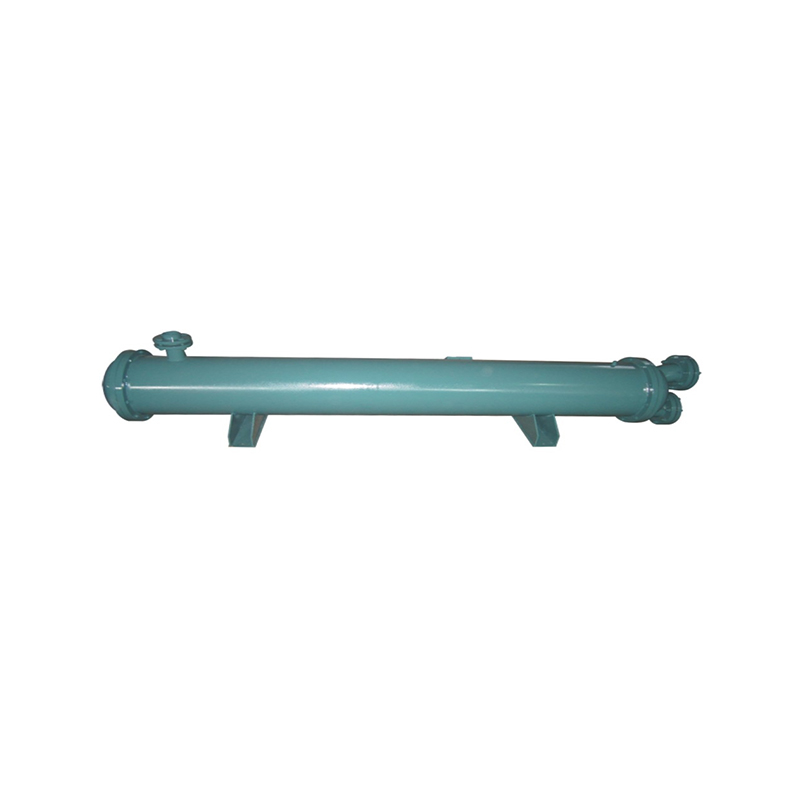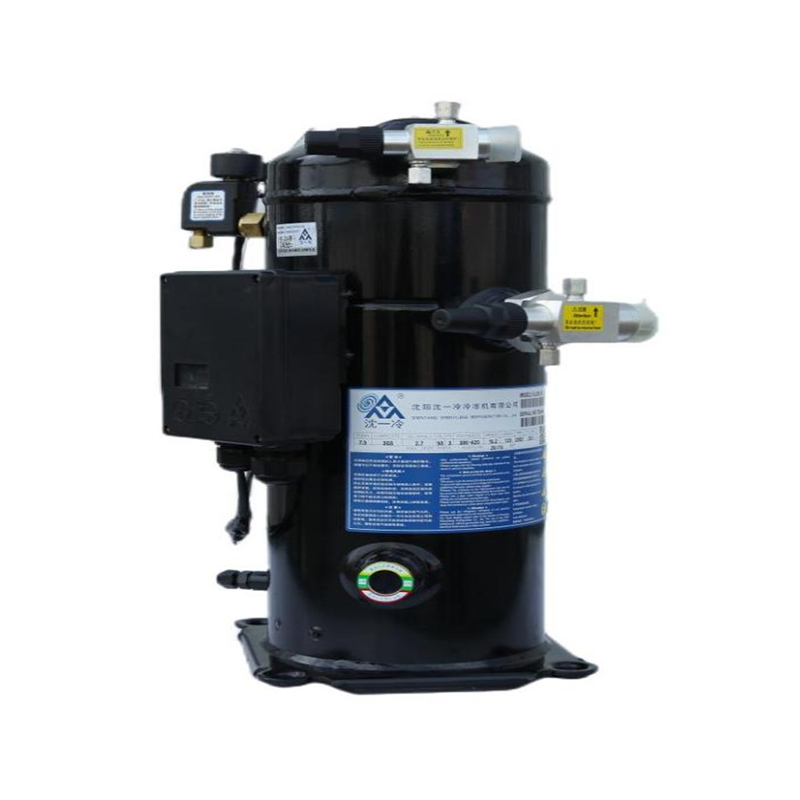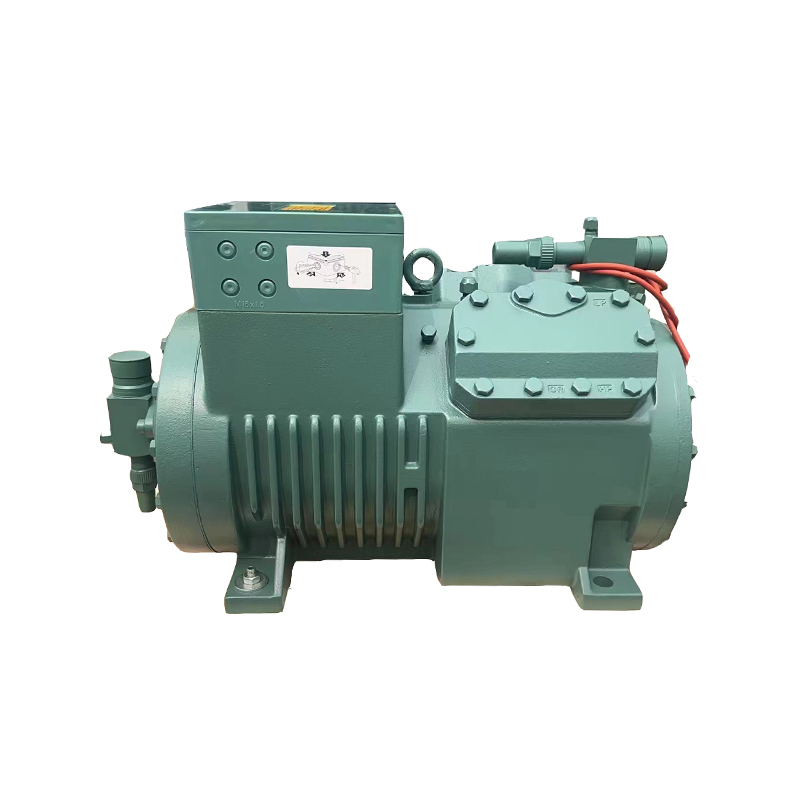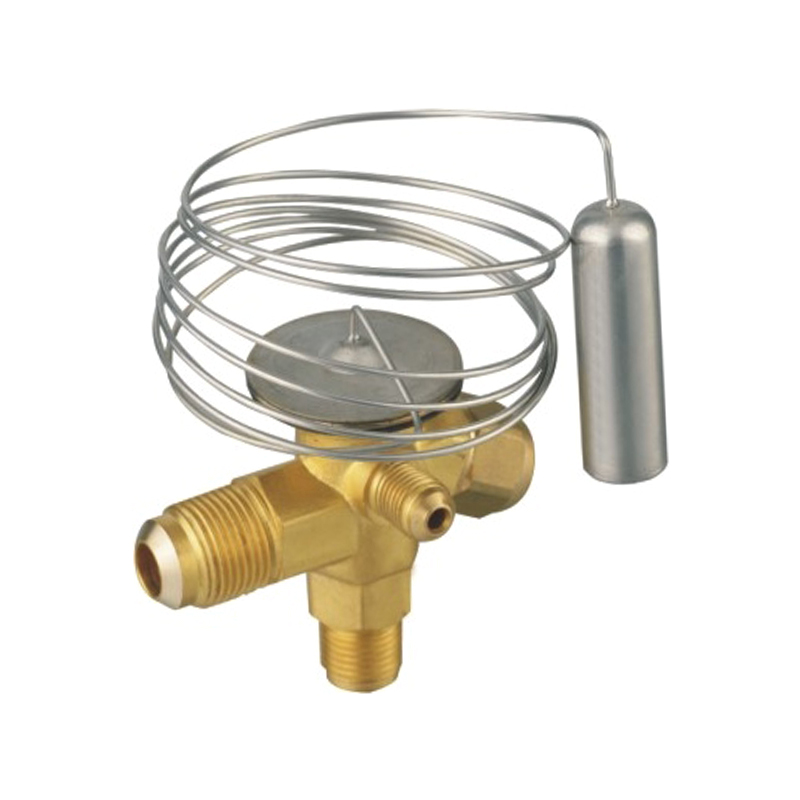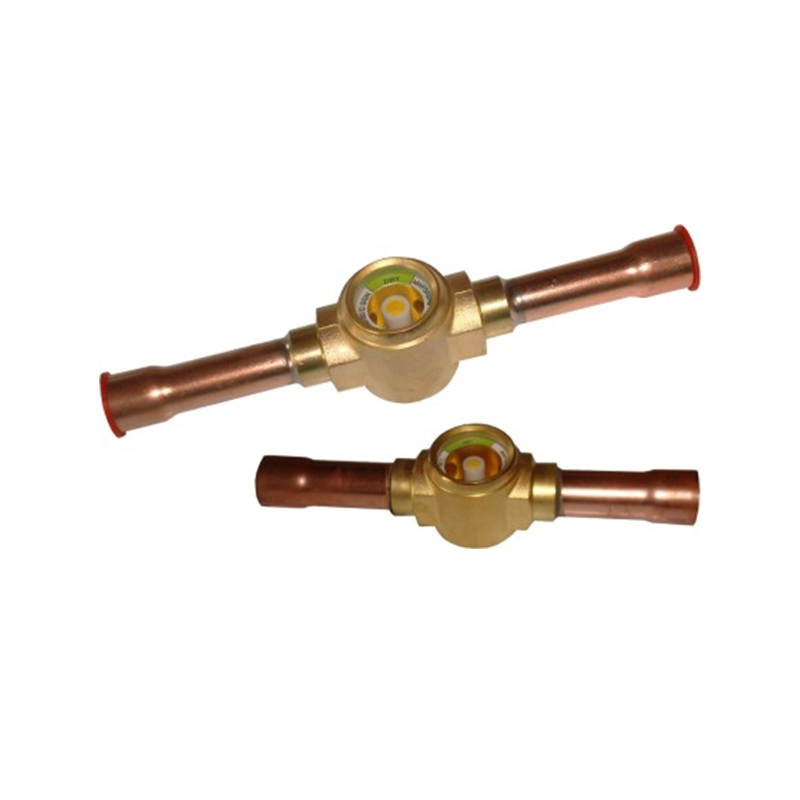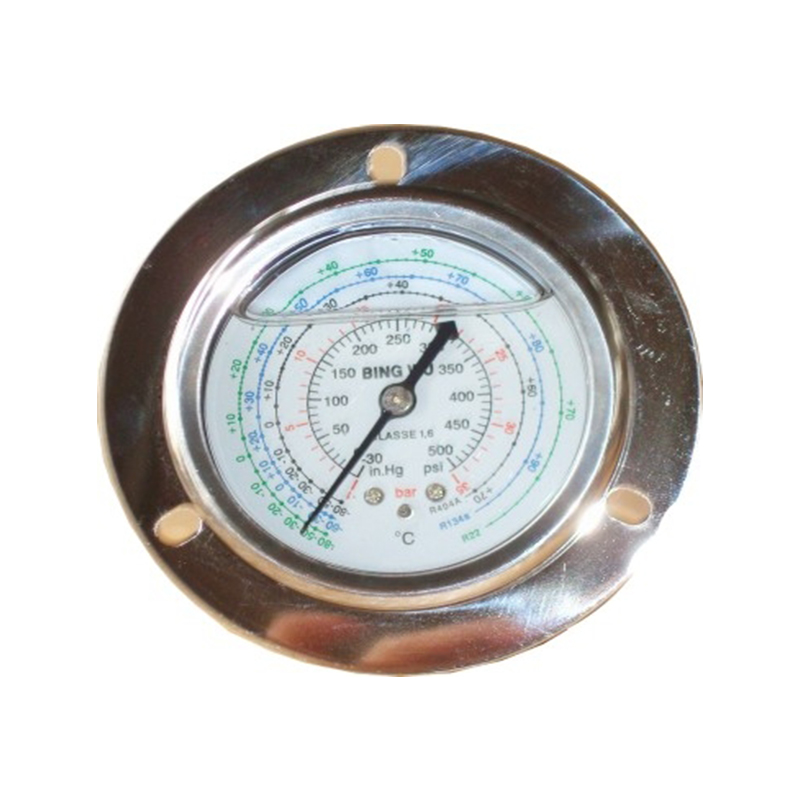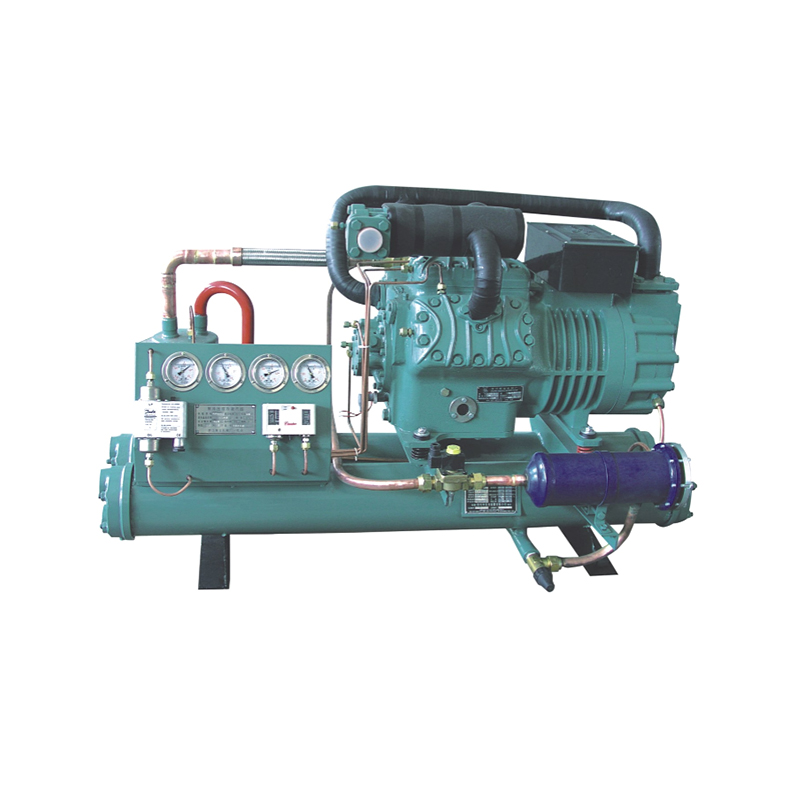Choosing the right HVAC equipment for a specific building or space is an important step in ensuring indoor comfort and energy efficiency. First, you need to evaluate the size, structure, and use of the building. Different types of buildings have different needs for HVAC systems, and commercial buildings, residential buildings, and industrial facilities have different requirements.
Next, it is crucial to perform a load calculation. This process involves evaluating the flow of heat in and out of the building, including heat generation, losses, and its impact on system design. Professional HVAC engineers usually use calculation tools to derive the required cooling and heating capacity based on factors such as the building's square footage, number of windows, insulation materials, etc.
Considering energy efficiency is also an important factor when choosing an HVAC system. Ratings such as high energy efficiency ratio (EER) and seasonal energy efficiency ratio (SEER) can help evaluate the energy efficiency of the system. Choosing efficient equipment not only reduces energy costs, but also reduces environmental impact.
In terms of equipment type, common choices include central air conditioners, split air conditioners, and heat pumps. Central air conditioners are suitable for large buildings and can provide uniform temperature control. Split air conditioners are more suitable for small or divided spaces, while heat pumps switch between heating and cooling, which is suitable for areas with large climate changes.
In addition, the control method of the system is also critical. Smart thermostats and automation systems can adjust the operation of the HVAC system according to usage needs and environmental changes, effectively improving comfort and energy saving.
Installation and maintenance services should also not be ignored. Choosing a reliable supplier and installation team can ensure the best performance of the equipment, and regular maintenance can help extend the service life of the system and reduce the risk of failure.
Finally, it is also important to conduct a comprehensive assessment based on budget and future needs. Although the initial investment may be higher, choosing an efficient and long-lasting HVAC system will save more money in the long run.
By comprehensively considering the building characteristics, load requirements, equipment efficiency, control methods, and service quality, the most suitable HVAC system can be selected to ensure a comfortable, safe and economical indoor environment.
